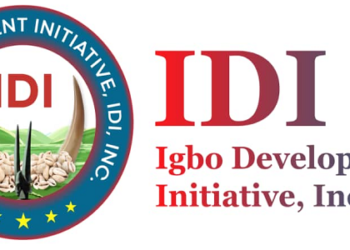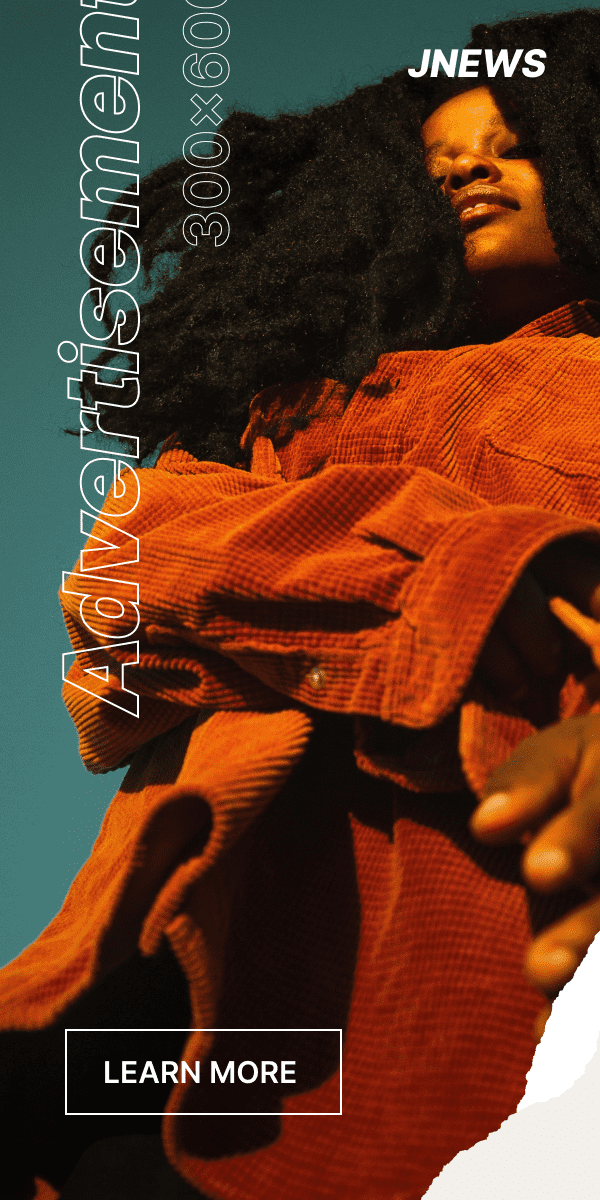Digital Wisdom Rooted In Igbo Cultural Values
By Kelechi Okpara
In the great unfolding of the digital age, a silent schism has emerged. It is not a divide of access, but a divide of essence. A generation finds itself caught between two powerful, seemingly separate worlds.
On one side, parents and grandparents, the keepers of a deep and timeless cultural wisdom, stand at the threshold. They possess the proverbs, the stories, and the hard-won wisdom (amamihe) that have guided our people for centuries. Yet, they often feel locked out of their children’s digital lives, watching with concern as their legacy seems to have no place in the glow of a screen.
On the other side, the children – the digital natives. They navigate the online universe with an innate fluency, building communities and forging identities in a realm that operates at lightning speed. But in this rapid ascent, a vital tether is fraying. They are at risk of becoming strangers to their own heritage and identity.
The profound Igbo values of obiọma (kindness), personal responsibility, and the sacred communal spirit of “Onye aghana nwanne ya” (Be your brother’s/sister’s keeper) have been left at the doorstep of the digital world.
The result is a people disconnected from their roots: a diminishing culture, a broken Òfọ.
The Broken Òfọ: A Great Disconnect Between Generations
This disconnect is more than just a generational gap; it is a broken òfọ – a severed staff of connection between the past and the future. The ancestral voice, which should be the guiding compass for all generations, is being drowned out by the noise of the new.
The consequences are tangible:
- Wisdom without a platform: The elder’s counsel on discernment and character remains offline, unable to protect a child navigating digital deception.
- Platforms without wisdom: The digital world, for all its engineering genius, operates with a shallow moral vocabulary, leaving young people to rely on psychological manipulation embedded in digital media.
But we do not need to choose between our culture and our future. We need to bridge them.
The Igbo Digital Compass: A Lesson from the Kola Nut Ritual
Some may ask, “How can ancient traditions possibly guide us in the digital age?” Our answer lies in a sacred practice known to every Igbo child: the breaking of the kola nut.
In this profound ritual, a host presents the kola nut (oji) to their guests: a symbolic offering of heart, welcome, and goodwill. The guests receive it not with suspicion, but with an open, trusting spirit. This initial trust is essential; it is the “good voice” that accepts the offering and opens the door to a relationship.
But then, a crucial and sacred transition occurs.
The kola nut is carefully examined. It is turned over in the hands of the elders. They inspect its quality, count its segments (ụlọ oji), and look for any imperfections. This act is not one of disrespect or distrust. On the contrary, it is a deep and solemn “respect for the sacredness of the occasion and the community about to share in the blessing”. The ritual itself demands verification.
This is the principle of “Trust, but Verify,” which has been encoded in our culture for centuries. This is starting to emerge in today’s digital world as the “Zero Trust Principle”
Now, consider your digital life. Every day, you are presented with a torrent of “digital kola nuts”:
- A shocking news article shared by a friend.
- An “exclusive” investment opportunity from a smooth-talking promoter.
- A “verified” account making an unbelievable claim.
Our first instinct, rooted in our humanity, is to trust, to accept the offering with a “good voice.” And this is not wrong. But the wisdom of our ancestors tells us the ritual does not end there. To “consume” the digital kola nut without inspection is to disrespect its potential impact and risk your well-being.
There’s a need to translate this ritual into a direct digital practice:
Inspect the Quality (The Source): Who is presenting this information? Is their “heart” in the right place? Are they a reputable source, or a stranger with an anonymous profile?
Count the Segments (The Evidence): Does credible evidence support this single claim? Just as multiple segments make a whole kola nut, multiple independent sources are needed to verify a story.
Look for Imperfections (Logical Flaws): Are there cracks in the story? Does it use emotional manipulation? Does it pressure you to act immediately? These are the flaws that render the “kola nut” unfit for consumption.
This single ritual contains a complete framework for navigating the digital world. It is not a historical anecdote; it is a living manual for digital discernment.
The Bridge Across the Divide
Dijioma is the answer to this disconnect. Our name declares our mission. It is a digital wisdom platform, but it is not rooted in the transient trends of Silicon Valley. It is rooted in the unshakable bedrock of Igbo cultural values.
This is not merely a translation of Western digital literacy. It is a transposition of a whole worldview. The kola nut is just the beginning. This same principle applies to every corner of digital life.
The Dijioma Way
When the world says, “Be careful online,” we go deeper. We explore the Igbo concept of “Iji aka nri kwuo aka ekpe” (the right hand washes the left) to teach digital safety and mutual support, showing that your online safety is both a personal and a communal responsibility. The digital world often makes us feel like solitary fingers, pointing and clicking in isolation. “Iji aka nri kwuo aka ekpe” reminds us that we are two hands on the same body.
Our individual progress is inextricably linked to our collective well-being. It erases the rigid line between self-interest and communal interest. Ensuring your “left hand” is clean is in the direct interest of the “right hand.” In the same way, helping your brother (nwanne) strengthens the entire community, which in turn strengthens you.
When others say, “don’t be a troll,” we provide a stronger foundation. We teach how the value of “obiọma” (kindness), “Igwebuike” (strength in community) and “Onye aghana nwanne ya” (Be your brother’s keeper) are the true antidotes to online cruelty and the blueprint for building respectful digital spaces and combating the isolation of the online world.
When generic advice talks about “building wealth,” we ground it in resilience. We examine the proverb “Ebe onye dara, ka o si bilie” (Where a person falls is where they should get up) to frame honest discussions on entrepreneurship, failure, and success in the digital economy.
Our heritage is not a relic to be displayed in a museum. It is a living, breathing operating system for a meaningful life, and it is fully compatible with the digital age.
The New Òfọ Is Here
Dijioma is more than a platform; it is a call to reforge the broken staff of connection. We are building a sanctuary where:
- The Elder Generation – can find a voice and a platform, seeing their timeless wisdom translated into a powerful guide for the most modern of challenges.
- The Younger Generation – can discover a compass, reconnecting with their heritage not as a historical relic, but as a vital, practical toolkit for building a successful and meaningful digital life.
- All Can Come Together – to ensure that as we step into the future, we do not do so as rootless individuals, but as a community, carrying the best of who we are into the world we are creating.
We are not rejecting the digital world. We are enriching it. We are not clinging to the past. We are using its wisdom to build a more harmonious and purposeful future.
The journey of a thousand miles begins with a single step. The journey to reunite a generation begins with a single idea, rooted in the eternal truth of our culture.
Together, we don’t just stay safe online – we stay connected to who we are!
Join our community, and begin the journey of reconnection at https://dijioma.com
***Kelechi Okpara is Founder/CEO, Dijioma, and can be reached at hello@dijioma.com










